Optimal Seasons for Septic System Installation
Septic systems require proper timing for installation and maintenance to ensure optimal performance. The best time to install or service a septic system is during dry weather conditions, typically in late spring or early fall, when ground saturation is minimal. Avoid periods of heavy rain or snowmelt, as these can hinder installation and affect system efficiency.
Spring and fall are ideal for septic system installation due to stable soil conditions and moderate temperatures.
Regular inspections and maintenance are best performed during dry months to prevent disruptions caused by wet weather.
Avoid installation or major repairs during winter or periods of heavy rainfall to ensure proper soil settling and system function.
Excess moisture from rain or snow can lead to poor absorption and potential system failure if maintenance is delayed.
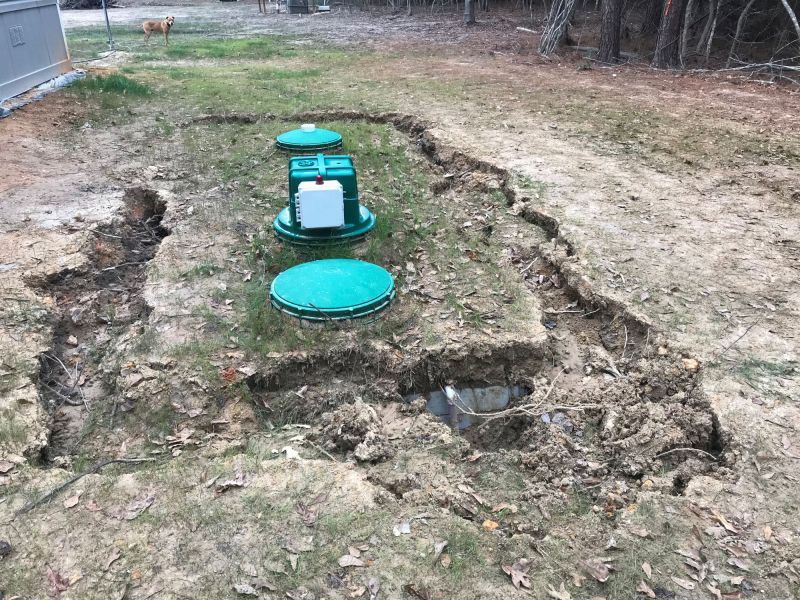
Ways to make Septic Systems work in tight or awkward layouts.
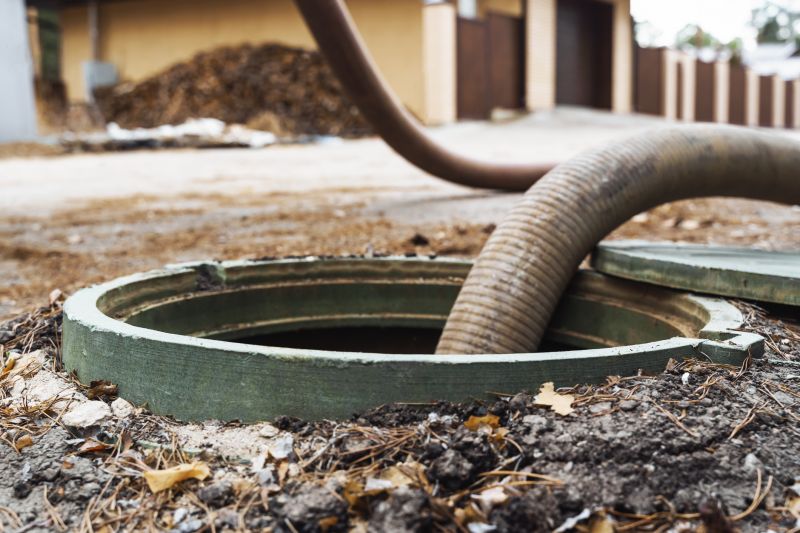
Popular materials for Septic Systems and why they hold up over time.
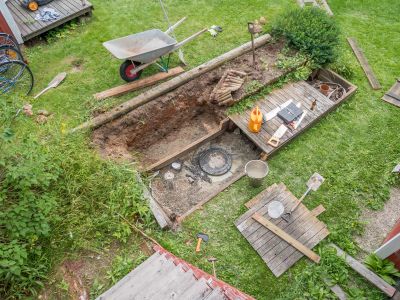
Simple add-ons that improve Septic Systems without blowing the budget.
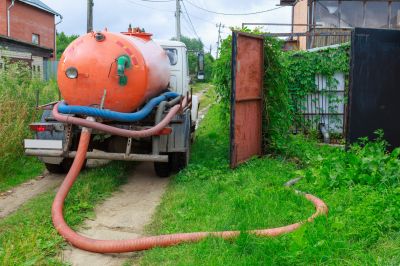
High-end options that actually feel worth it for Septic Systems.
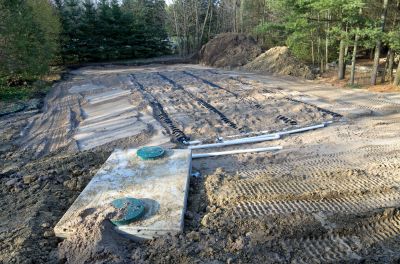
Finishes and colors that play nicely with Septic Systems.
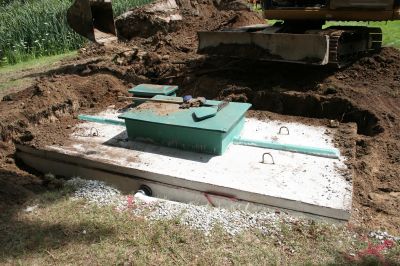
Little measurements that prevent headaches on Septic Systems day.
Septic systems are underground wastewater treatment structures commonly used in areas without access to centralized sewage networks. They process household waste through a combination of physical, biological, and chemical processes, ensuring safe disposal of effluent into the soil. Proper timing for installation and maintenance is crucial for system longevity and performance.
Statistics show that over 25% of homes in rural areas rely on septic systems. Regular inspections, typically every 3 to 5 years, help prevent system failures and costly repairs. Seasonal considerations, such as avoiding installation during wet or freezing conditions, contribute to the effective operation of these systems.
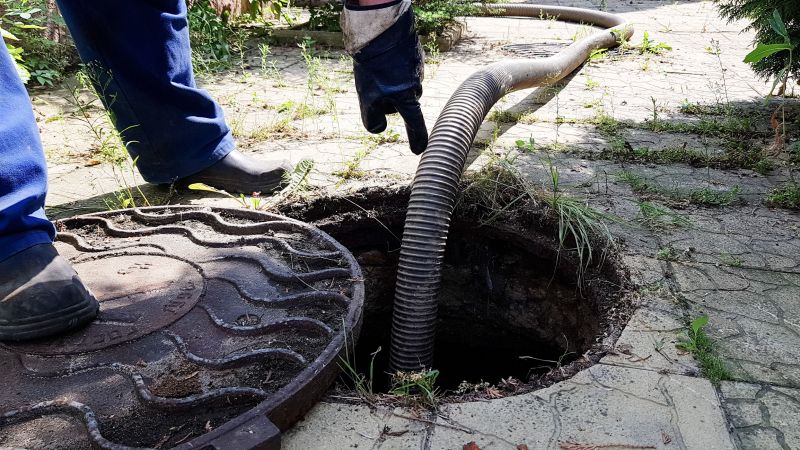
A 60-second routine that keeps Septic Systems looking new.
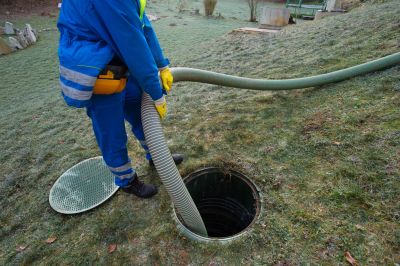
A frequent mistake in Septic Systems and how to dodge it.
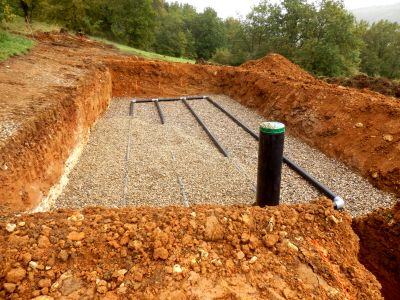
Small tweaks to make Septic Systems safer and easier to use.
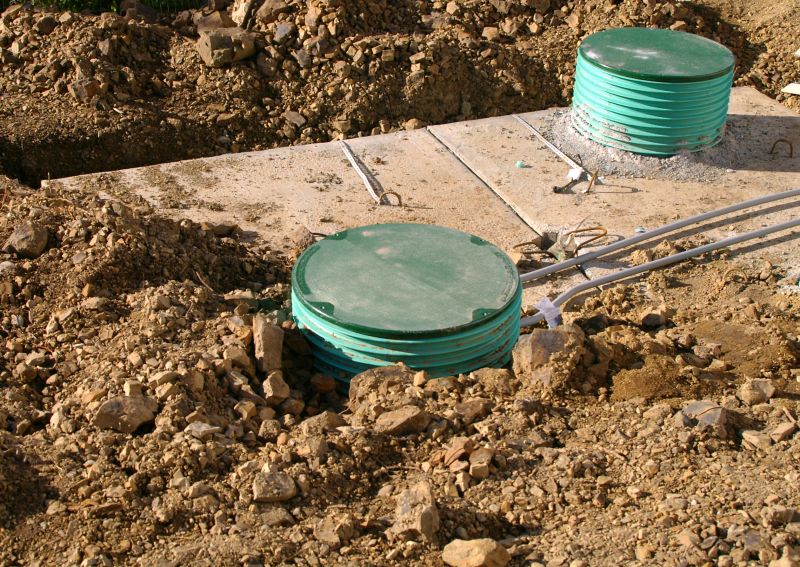
Lower-waste or water-saving choices for Septic Systems.
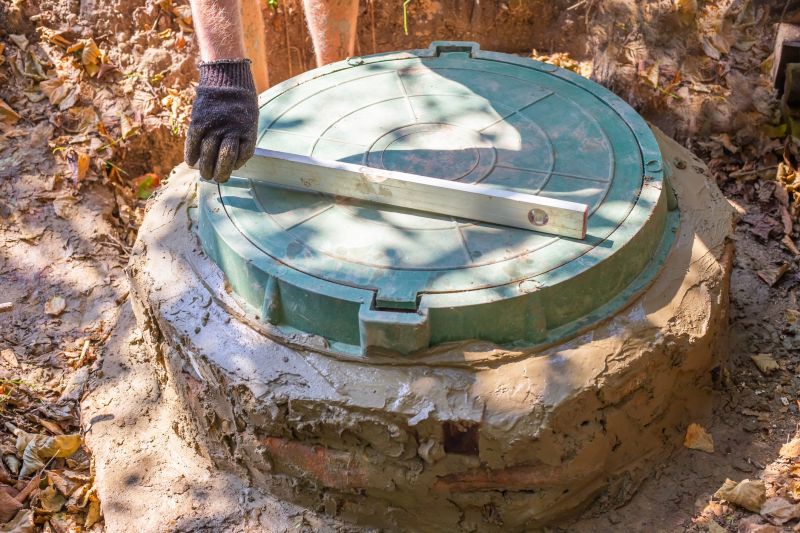
The short, realistic tool list for quality Septic Systems.
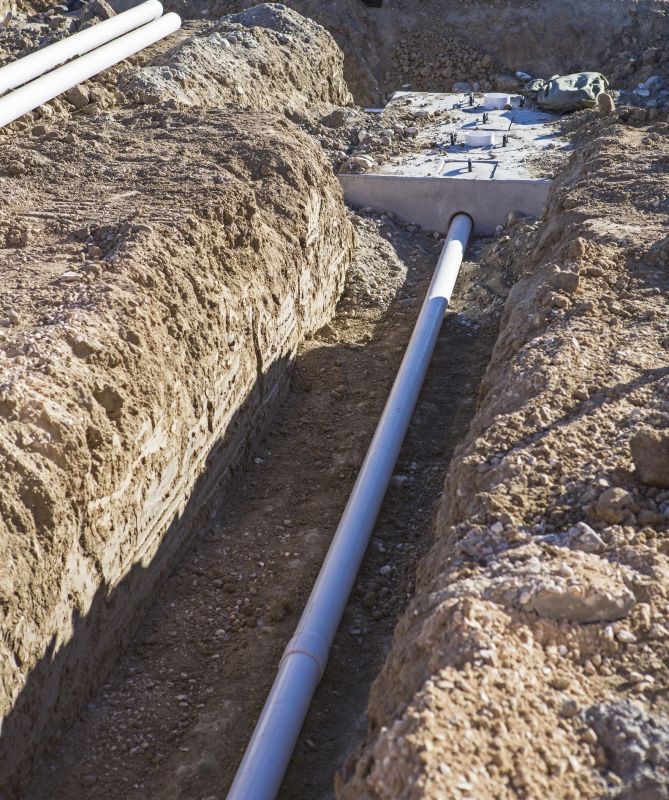
Rough timing from prep to clean-up for Septic Systems.
| Season | Recommended Activities |
|---|---|
| Spring | Installation and inspection |
| Summer | Routine maintenance |
| Fall | Inspection and system check |
| Winter | Avoid major work |
| Precipitation | Monitor soil saturation |
Interested in installing or maintaining a septic system? Filling out the contact form provides a pathway to professional assistance and guidance tailored to specific site conditions and seasonal timing. Proper planning ensures system efficiency and longevity.
